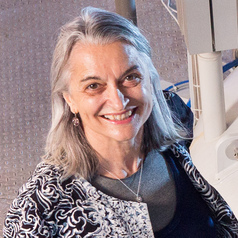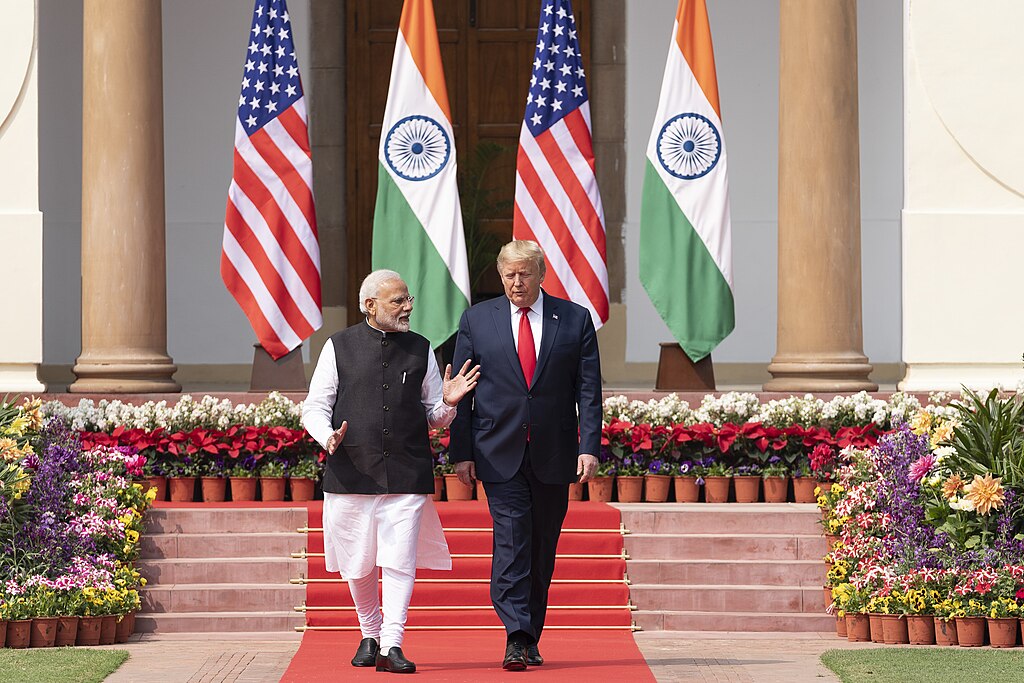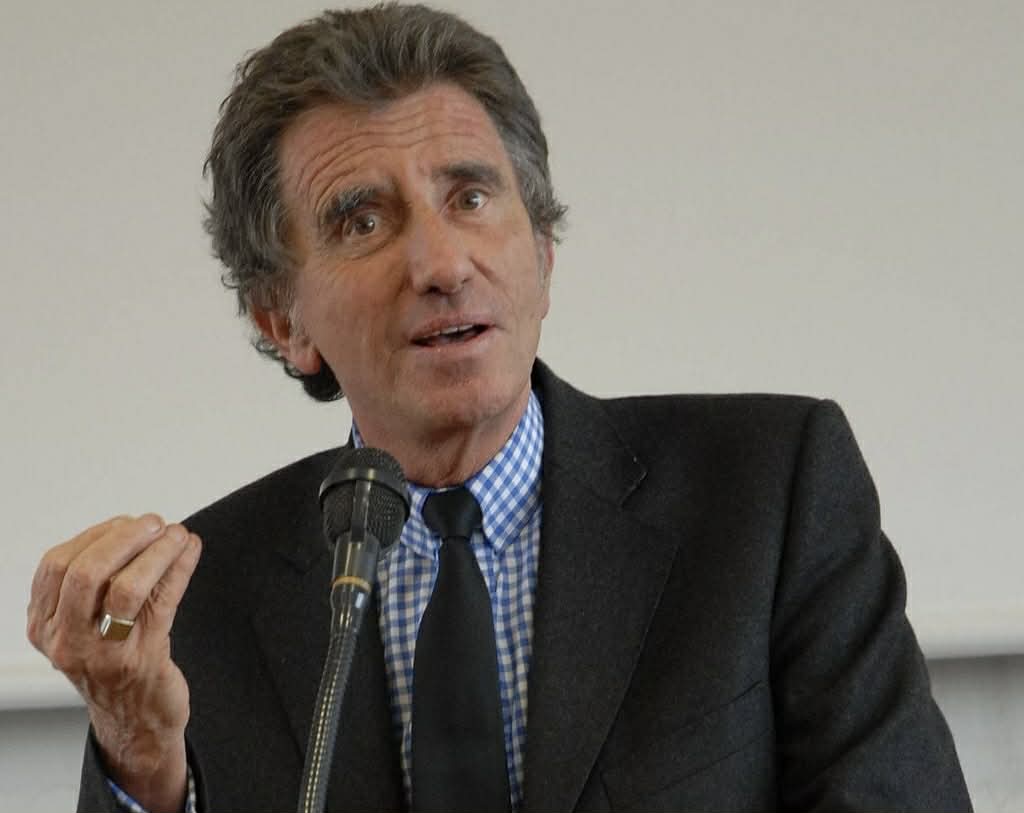
Frances Separovic
Professor of Chemistry, University of Melbourne
Frances Separovic is Professor of Chemistry, Deputy Director of the Bio21 Institute and former Head of School at the University of Melbourne.
Frances has a BA (Hons) in Math & Physics from Macquarie University and a PhD (Physics) from University of NSW. Her tertiary training in biology, mathematics and physics, provides a strong foundation for research in biophysical chemistry and NMR spectroscopy.
Her primary research interest is the determination of the structure and dynamics of membrane components in situ using solid-state NMR spectroscopy. Frances played a key role in the determination of the molecular structure of the antibiotic gramicidin A and the bee toxin melittin within phospholipid membranes. She is very active in the area of membrane biophysics and structural biology.
Frances is Secretary of the Biophysical Society, member of IUPAB Council, Division 1 member of IUPAC, a committee member of International Society for Magnetic Resonance (ISMAR); former President of Australian & New Zealand Society for Magnetic Resonance (ANZMAG), past-President of the Australian Society for Biophysics (ASB);and former treasurer of the Royal Australian Chemical Institute (RACI) and the Lorne Protein Conference.
Frances has organised over 40 major national and international conferences and published over 240 peer reviewed papers. Her contributions to biophysics and NMR have been recognized by awards including 2009 ASB Robertson Medal and 2011 ANZMAG Medal.
In 2012 she was elected a Fellow of the Biophysical Society, Fellow of the Australian Academy of Science (FAA) and an ISMAR Fellow. FrancesFrances was named an IUPAC Distinguished Woman of Chemistry/Chemical Engineering in 2017, inducted in the Victorian Honour Roll of Women in 2018 and awarded an AO (Officer of the Order of Australia) in 2019.

When an artist looks at a chemical element, what do they see?
Jul 18, 2019 07:19 am UTC| Insights & Views Entertainment
Artistic depictions of several chemical elements feature in a new exhibition from today as part of Australias celebrations for the International Year of the Periodic Table. They are the work of artists Damon Kowarsky...
- Market Data








































